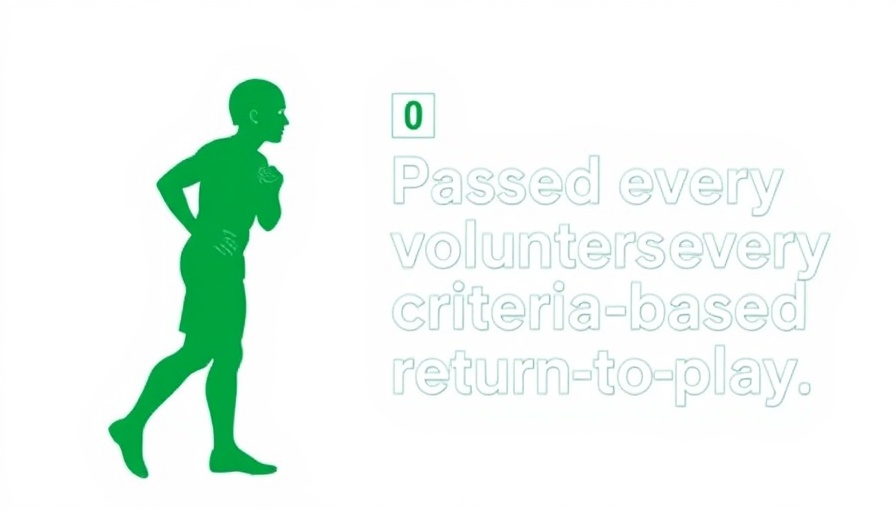
Understanding the Vaccine Debate: Bill Nye and RFK Jr.
In a heated exchange surrounding public health and vaccine safety, Bill Nye, the beloved science educator, found himself defending established scientific consensus against relentless texts from Health and Human Services Secretary Robert F. Kennedy Jr. Kennedy, known for his controversial and debunked theories linking vaccines to autism, reportedly sent Nye numerous messages attempting to persuade him otherwise. Nye’s steadfast rebuttal highlights a growing concern about misinformation in health, a topic of paramount importance for medical professionals aiming to foster trust in the communities they serve.
The Science of Vaccines and Autism Myths
For many healthcare providers, understanding the narratives around vaccines is crucial, especially as misinformation can heavily influence patient perceptions. Nye emphatically stated, "Just because somebody got a vaccination and then somebody else got autism doesn't mean one caused the other." This scientific clarity is vital for clinicians working in concierge medicine, where personal relationships with patients can facilitate deeper discussions around health choices.
The Implications of Vaccine Misinformation
Kennedy's influence in the vaccine debate poses significant risks, as evidenced by the alarming rise in measles cases in recent years. According to the CDC, the U.S. has observed more cases this year than any since 2000, raising red flags about vaccine compliance. For concierge medical practices, which emphasize personalized and thorough patient care, the challenge posed by anti-vaccine rhetoric becomes not only a scientific issue but also a business one, as trust is integral to patient loyalty and community health.
Connecting with Patients in a Misinformation Era
In an age where misinformation can spread alarmingly quickly, it is essential for concierge practices to create environments that encourage open dialogue about vaccines and health. As Nye joked about the layers of texts he received, it’s essential for healthcare providers to patiently steer conversations back to scientifically sound information. This can be achieved through educational workshops, community outreach, and providing clear resources that debunk common myths, helping patients feel more at ease with their healthcare decisions.
Taking Positive Action in Patient Communication
As Bill Nye pointed out, there’s a crucial distinction between correlation and causation - a fact that healthcare providers can utilize in their communication strategies to combat misinformation. Educational materials that outline the evidence supporting vaccine safety and efficacy should be readily available. Concise, well-researched facts can empower patients to make informed decisions while promoting an informed community narrative. By engaging in patient conversations that reduce fears and misconceptions surrounding vaccines, concierge medical practices can strengthen their positions as trusted health advisors.
Conclusion: Building Trust Through Knowledge
As Bill Nye's encounter with RFK Jr. illustrates, misinformation around health issues is rampant and requires proactive approaches from healthcare providers. For concierge medical practices, the opportunity lies in embracing transparent, empathetic communication to connect deeply with patients. By doing so, not only can practices secure their standing as local health leaders, but they can also contribute positively to the broader discussion around health and wellness. It’s not just about treating symptoms; it’s about fostering an informed and health-centered community.
 Add Row
Add Row  Add
Add 






Write A Comment